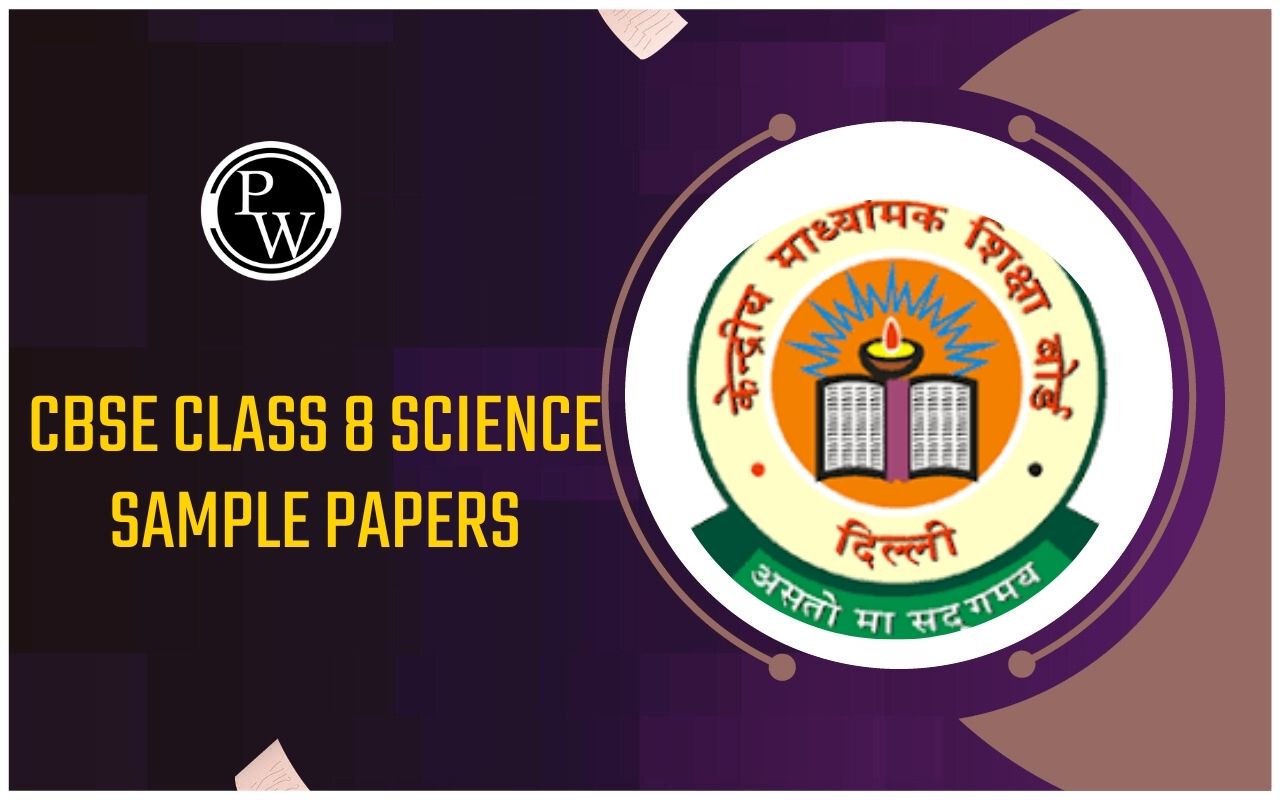
CBSE Class 8 Social Science Notes: There are three divisions in Class 8 Social Science, each with chapters covering Political Science, Geography, and History. For preparation, students must give these chapters their full attention. The subject matter specialists have simplified the process by compiling the 8th Social Science Notes for review and exam preparation. These notes cover every important topic in every chapter and are based on the most recent curriculum.
Social science, in its most basic definition, is the study of societies as a whole through the perspective of the individuals who make up that society. The meaning of the society is formed, in part or in its entirety, by the use of certain branches. Social Science Class 8 notes introduce students to civics, geography, and history, but they only cover the fundamentals of society. As members of modern society, it is important for students to have a conceptual basis, which is formed by doing this. Students will comprehend those fundamental subjects and learn about the influences on society by using the notes from the eighth-grade Social Science lesson.Download CBSE Class 8 Social Science Notes 2024-25 PDF
Below we have provided CBSE Class 8 Social Science Notes -| CBSE Class 8 Social Science Notes |
| CBSE Class 8 History Notes |
| CBSE Class 8 Civics Notes |
| CBSE Class 8 Geography Notes |
Subject Wise CBSE Class 8 Social Science Notes
CBSE Class 8 Social Science notes are organized into three key subjects: History, Civics, and Geography. History notes cover major events like the decline of the Mughal Empire, British colonialism, and India's struggle for independence. Civics notes explain the Indian Constitution, the functioning of government institutions, democracy, and social justice issues. Geography notes focus on Earth's physical features, natural resources, agriculture, and human-environment interactions. Together, these notes provide a comprehensive understanding of India's past, political system, and geographical diversity, helping students grasp essential concepts and prepare effectively for exams.Download CBSE Class 8 History Notes PDF
CBSE Class 8 History covers key events and themes in Indian history from the 18th century onwards. It includes the decline of the Mughal Empire, the rise of regional powers, and the advent of the British East India Company. The curriculum explores British colonial policies, the impact of these policies on Indian society and economy, and the various resistance movements, including the Revolt of 1857. It also highlights the socio-religious reforms in the 19th century, the rise of nationalism, and the eventual struggle for independence, culminating in India's freedom in 1947.Download CBSE Class 8 Civics Notes PDF
CBSE Class 8 Civics focuses on understanding the Indian political and social system. It introduces the Indian Constitution, its key features, and the significance of fundamental rights and duties. The curriculum covers the structure and functions of the government, including the roles of the legislature, executive, and judiciary. It also discusses the importance of democracy, the electoral process, and the functioning of institutions like the Parliament, courts, and local governments.| CBSE Class 8 Civics Notes |
| Chapter 1: The Indian Constitution |
| Chapter 2: Understanding Secularism |
| Chapter 3: Why Do We Need a Parliament? |
| Chapter 4: Understanding Laws |
| Chapter 5: Judiciary |
| Chapter 6: Understanding Our Criminal Justice System |
| Chapter 7: Understanding Marginalisation |
| Chapter 8: Confronting Marginalisation |
| Chapter 9: Public Facilities |
| Chapter 10: Law and Social Justice |
Download CBSE Class 8 Geography Notes PDF
CBSE Class 8 Geography explores the Earth's physical features and human-environment interactions. It covers topics like resources, their types (natural, human-made, and human), and sustainable management. Students learn about different landforms, climates, and vegetation zones across the world, with a focus on India. The curriculum also includes the study of agriculture, industries, and the distribution of minerals and power resources.| CBSE Class 8 Geography Notes |
| Chapter 1 - Resources |
| Chapter 2 - Land, Soil, Water, Natural Vegetation and WildLife Resources |
| Chapter 3 - Mineral and Power Resources |
| Chapter 4 - Agriculture |
| Chapter 5 - Industries |
| Chapter 6 - Human Resources |
Features of CBSE Class 8 Social Science Notes
The features of CBSE Class 8 Social Science notes include:Comprehensive Coverage : They cover all key topics from the History, Civics, and Geography syllabus, ensuring that students have access to all essential information.
Concise Summaries : The notes present complex concepts in a simplified and concise manner, making it easier for students to understand and retain information.
Chapter-wise Organization : Notes are organized chapter-wise, allowing for easy navigation and targeted revision of specific topics.
Important Points Highlighted : Key points, dates, events, and definitions are highlighted, helping students focus on the most crucial information.
Visual Aids : Diagrams, charts, and maps are often included to enhance understanding, particularly in Geography and Civics.
Benefits of CBSE Class 8 Social Science Notes
CBSE Class 8 Social Science Notes FAQs
What is the importance of CBSE Class 8 Social Science notes?
Are CBSE Class 8 Social Science notes sufficient for exam preparation?
How can CBSE Class 8 Social Science notes help in quick revision?
How do CBSE Class 8 Social Science notes help in scoring good marks?
Do CBSE Class 8 Social Science notes include diagrams and maps?









